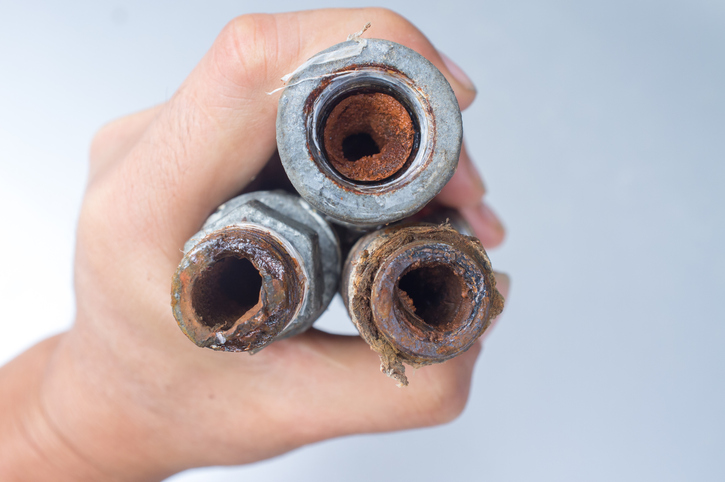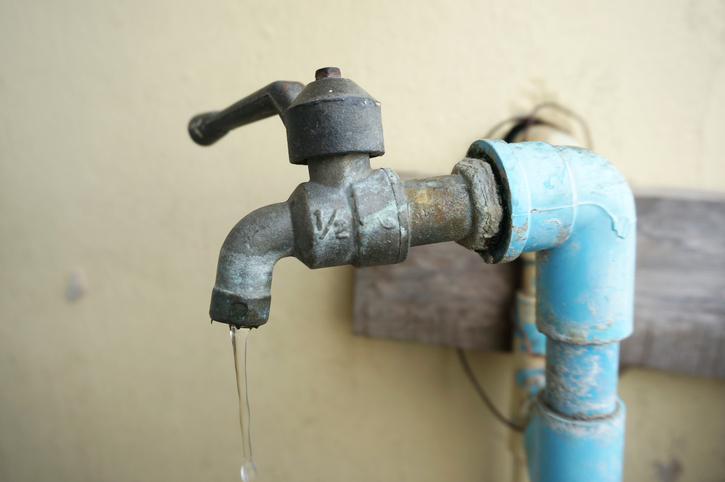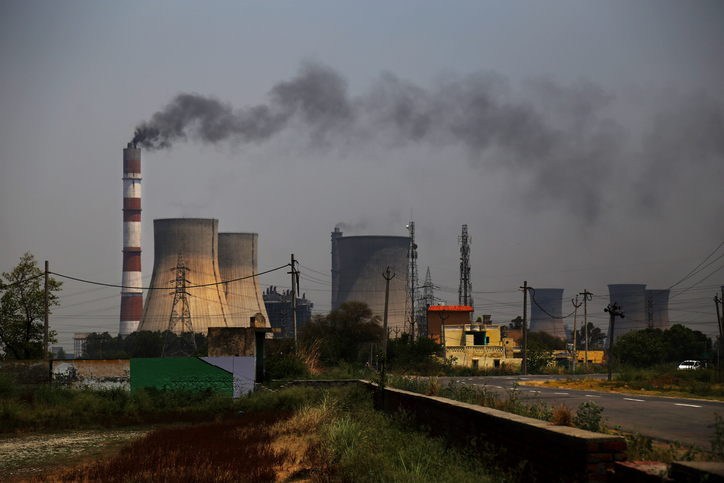On Friday, August 23, 2019, Gov. Murphy signed into law an amendment to New Jersey’s 2009 Site Remediation Reform Act (SSRA)—a law that privatized many responsibilities previously handled by the New Jersey Department of Environmental Protection (NJDEP) concerning the remediation of contaminated sites. The SSRA created what is called the Licensed Site Remediation Professional (LSRP) program; LSRPs are experienced, private sector environmental professionals that are licensed by the state and hired by Responsible Parties (RPs) to direct and oversee environmental investigations and remedial action in …
Continue Reading









